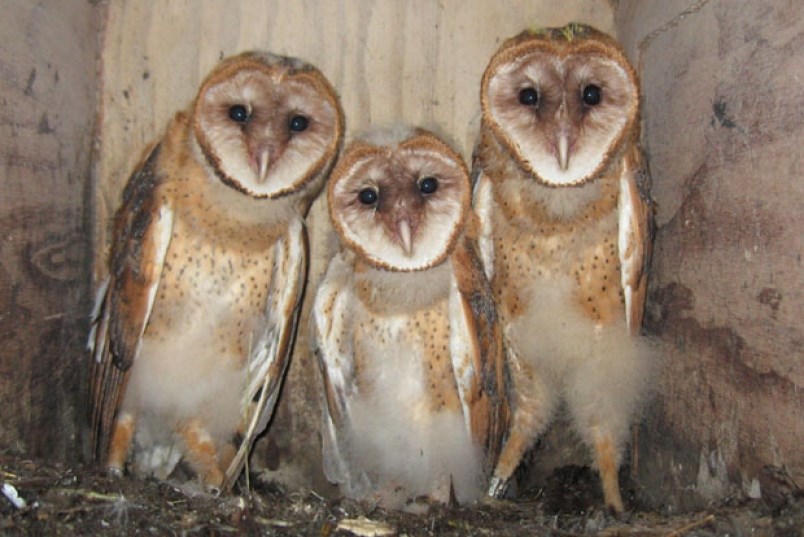Bait boxes containing rodenticides seem like an easy solution to a mouse and rat problem but a growing body of research suggests the poison may be killing local owls and other wildlife.
The ubiquitous black boxes containing rat poison are especially dangerous to use near greenbelts, wildlife advocates say, because animals that feed on dying rats will suffer life-threatening health issues themselves.
“Poison is cheap and easy, you put it out and leave it. People want a quick fix for cheap, but the secondary effects is great on the environment,” said Rob Hope, raptor care manager at the Orphaned Wildlife Rehabilitation Society (OWL) in East Ladner.
Recently local naturalists have joined advocacy groups and researchers in calling for reduced use of rodenticides, especially second generation anticoagulants, because of their toxicity, persistence and potential damage to the owl population.
Hope said about 40 dead owls have been brought to the 72nd Street facility from the Lower Mainland in the last year and most likely died of rat poisoning.
“It’s not a pretty death,” Hope said, adding owl deaths are sad because they are preventable.
Secondary anti-coagulants, such bromadiolone often used in outdoor bait traps, prevent blood from clotting. It can take several days for the poison to kill a rat so when the rodent is eaten by a predatory owl, the chemical often kills the raptor as well.
“If you have to use bait, it shouldn’t be out there permanently,” said independent researcher Sofi Hindmarch, who has studied the use of rat poisoning on farms in Delta.
She suggests people choose alternatives, such as rat-proofing their homes, or choosing SPCA-approved commercial pest control companies. One new product that is showing promise is a C02 canister that kills the rat with carbon monoxide poisoning.
“When you look at residue in dead carcasses, it’s the second generation ones that are showing up more consistently. They are toxic and are more persistent,” Hindmarch said.
Metro Vancouver does not use bait traps with rodenticides in regional parks out of concern for owls and other wildlife, but the ongoing and persistent use of them elsewhere has the local naturalist concerned.
At the very least, bait traps with rodenticide should only be used when absolutely necessary, wildlife advocates say.
Rat control alternatives
• Keep yards free from rat attractants, such as food waste, use bird feed strategies that don’t attract rats, such as trays and no waste bird seed.
• Rodent-proof your house or business by filling in cracks or other entrances.
• Choose snapping or electrical traps to kill individual rodents.
• Choose animal-friendly pest control company (visit www.spca.bc.ca for more information).



